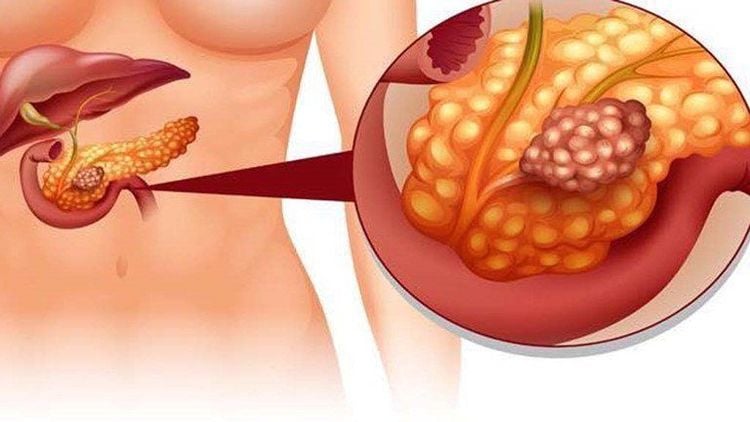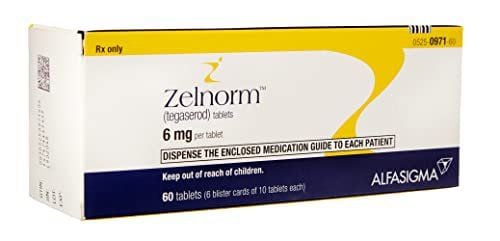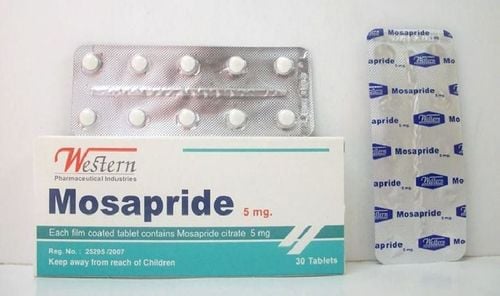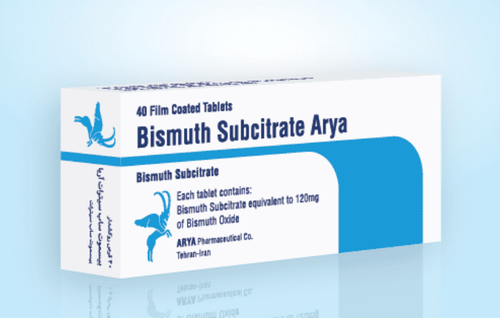This is an automatically translated article.
The article was consulted professionally with MSc Vu Tan Phuc - Department of Medical Examination & Internal Medicine, Vinmec Phu Quoc International General Hospital.Stomach disorder is a common problem in many people due to unhealthy diet and lifestyle habits, this disease causes discomfort and affects quality of life. Common stomach disorders such as: Gastroesophageal reflux, gastric ulcer, gallstones, ...
1. Symptoms of stomach disorders
The stomach is a sac-shaped trachea, the proximal inclined segment connected to the esophagus. The stomach is divided into 3 parts: the body region, the basal region and the cavernous region. The junction between the esophagus and the stomach is called the cardia, and the junction between the stomach and the duodenum is called the pylorus. Stomach dysfunction accounts for about 50% of patients presenting for digestive disorders. The most common subjects are young people, especially those in puberty or people with a state of gastric autonomic dysfunction.Gastric disorders are divided into 3 categories including:
Diseases of gastric motility disorders: increased gastric tone, decreased or lost gastric tone, acute gastric dilatation, pyloric spasm , Cardia. Group of diseases causing dysfunction of gastric secretion: Increased secretion, acidosis, acidosis, gastric distension Sensory disorders: Stomach pain Common symptoms of stomach disorders such as:

2. Causes of stomach disorders
The stomach has two main functions: motility and secretion.Motor function: The stomach has two distinct functional regions, the body and antrum. The corpus callosum is the site of initiation of gastric contraction, and the antrum is the response to food dilatation where the activation of the pacing zone lies on the great curvature of the medial corpus callosum. Secretory function: The process of secreting gastric juice by cells under the control of nervous and humoral factors. Therefore, gastric disorders are disorders of secretion or motility of various causes. Common causes leading to stomach disorders such as:

3. Common stomach diseases
3.1 Gastroesophageal Reflux Gastroesophageal reflux disease (GERD) is a very common chronic digestive system disease. It is caused by stomach acid or bile refluxing from the stomach into the esophagus, because the valve between them is weakened.Gastroesophageal reflux causes symptoms such as:
Burning in the chest Dry cough Nausea Difficulty swallowing food Difficulty breathing Difficulty breathing Acid reflux into the mouth To prevent gastroesophageal reflux, it is necessary to quit smoking, should not smoke. eat too full, and limit eating foods that cause heartburn such as onions, fried foods, hot spicy foods,... Before going to bed, do not eat spicy or greasy foods. It is necessary to maintain a reasonable weight to avoid being overweight.

Causes of stomach ulcers are often related to family history, age, sex and lifestyle habits such as smoking,... Gastric ulcers cause digestive disorders such as burning stomach symptoms. stomachache, daily abdominal pain and especially pain when eating, this is a typical sign of stomach ulcers.
3.3 Lactose Intolerance Lactose intolerance causes abdominal discomfort and bowel movements. Abdominal pain in people with lactose intolerance will not be concentrated in a specific area, but the patient will feel discomfort in the entire abdomen. The discomfort caused by bloating and diarrhea will cause the patient to go to the toilet constantly.
Lactose intolerance is caused by a deficiency of the enzyme lactase, an enzyme produced in the small intestine. A deficiency of lactase causes the lactose present in food to move into the colon. At this time, bacteria in the colon will interact with the undigested lactose causing symptoms of lactose intolerance. To overcome this situation, the patient needs to conduct a reaction test to some foods. In case of severe allergies, it is necessary to consult a nutritionist to ensure the necessary nutrients.
In summary, stomach disorders cause a number of symptoms such as heartburn, abdominal pain, diarrhea,... The cause is often due to unhealthy lifestyle and eating habits. Therefore, in order to prevent stomach disorders, it is necessary to have a healthy diet, do not eat spicy foods, do not use stimulants such as alcohol, beer, ... When there are abnormal symptoms, need to go to a medical facility immediately for examination and timely treatment measures.
Vinmec International General Hospital with a system of modern facilities, medical equipment and a team of experts and doctors with many years of experience in medical examination and treatment, patients can rest assured to visit examination and treatment at the Hospital.
Please dial HOTLINE for more information or register for an appointment HERE. Download MyVinmec app to make appointments faster and to manage your bookings easily.














